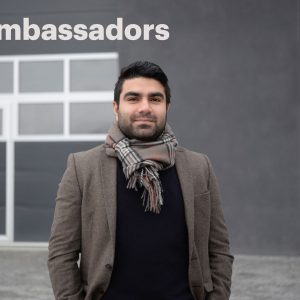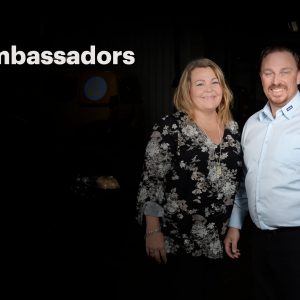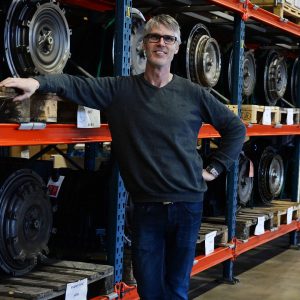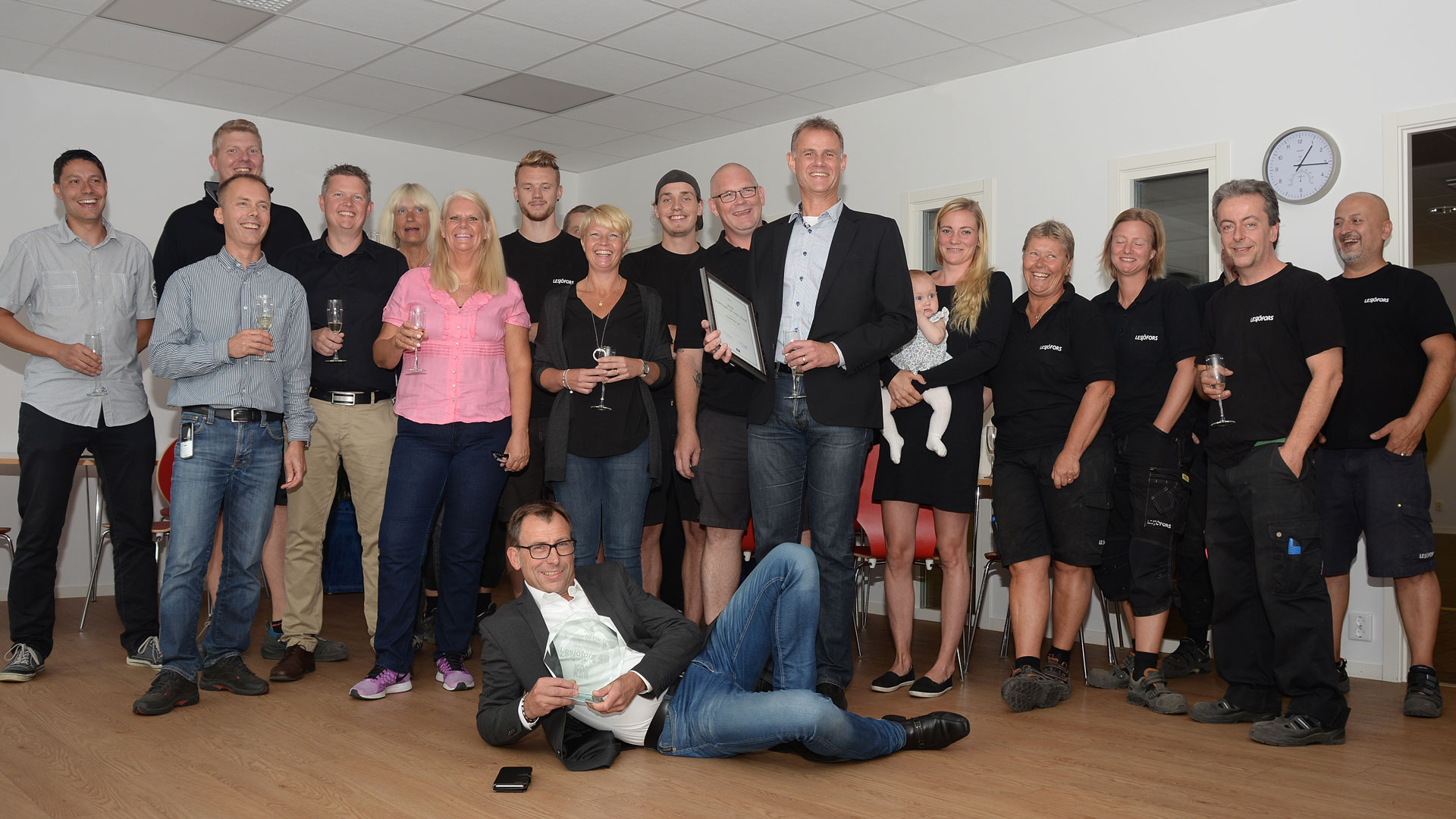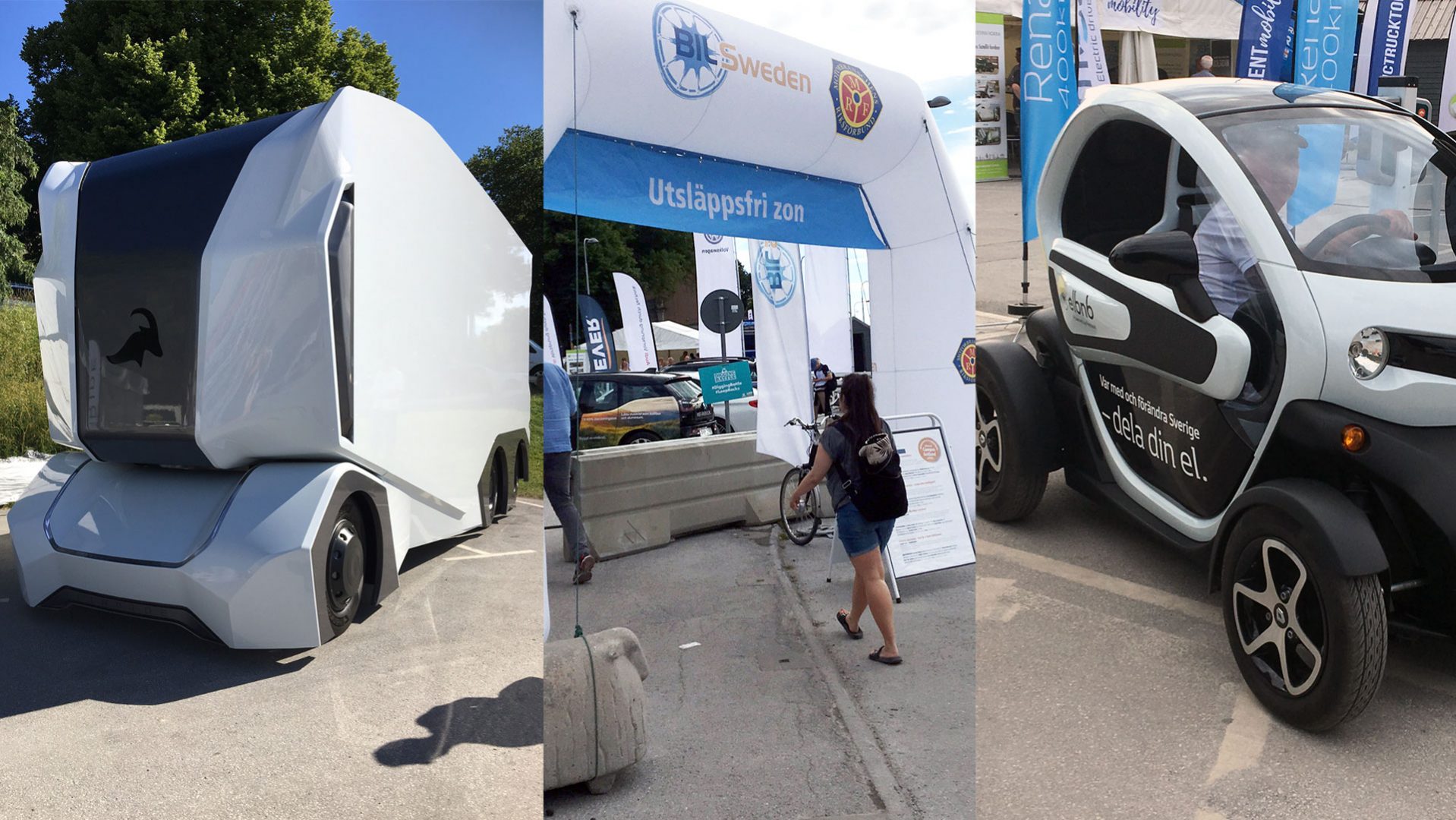
Thoughts on sustainability from Almedalen 2017
The Almedalen Week, formerly known as the Political Week in Almedalen, is carried out annually in Visby, Gotland. Here representatives of the Swedish political parties as well as interest groups and organizations gather and discuss political and social issues. Malin Möller is KGK’s head of sustainable business development. She attended the Almedalen Week in 2017, where she focused on issues related to sustainability and the automotive industry.
What are your reflections from Almedalen?
That everyone – people from within the automotive industry, environmentalists and politicians alike – agrees that we have to switch to a fossil-free fleet. Everyone also believes that we will achieve the goal by 2030. But a single technology isn’t the solution, there will be several ways there.
What was the focus of the automotive industry’s representatives?
There was a lot about the electrification of the automotive industry. From several seminars on the infrastructure for charging and future vehicles, to MRF and Car Sweden’s emission-free zone where their members displayed and offered a test run of their rechargeable vehicles. Einride’s powerless electric truck made the biggest impression on me. There was also much talk about biofuels; that they will be needed to achieve the goal of a fleet independent of fossil fuels, electrification is not the whole solution. In that regard, the hottest discussion was about the need to develop a domestic sustainable production of biofuels.
Several seminars agreed that we are going to encounter disruptive changes. We will see similar changes for transport and mobility as we have seen in telecom. The focus will be on how we meet people’s need to move as a service, and digitalization will be part of the solution.
What movements do you see within sustainability?
Circular economy is a hot topic in all sectors and what I feel is the most discussed subject right now in the area of sustainability. It is said that circular economy is not a distant vision but an already achievable goal, we must end the throwaway society and instead take advantage of, and reuse, the resources we have. The view is that we need to implement new circular business models that are economically profitable and at the same time have positive effects on people and the environment. Please read more about the circular economy and how we at KGK contribute to a more sustainable solution for the heavy vehicles in our sustainability report.
What has impressed you during the week?
What I took to heart more than anything was the proposal to make the mileage, which today is only for cars, available for all types of vehicles. Which is already the case in Denmark and Norway, for example. And as I mentioned earlier – that everyone agrees that we have to make the vehicles fossil free, there is no longer anyone who is debating, now it is about at what rate the change takes place.
Of all these topics, which ones do you feel directly affects KGK?
I think it’s important for us to be attentive and follow the developments of both vehicles and fuels. To consider how KGK can be a part of the circular economy by following and participating in the development of mobility as a service. Everyone is convinced that we’re moving on from an owner-society to an user society.
